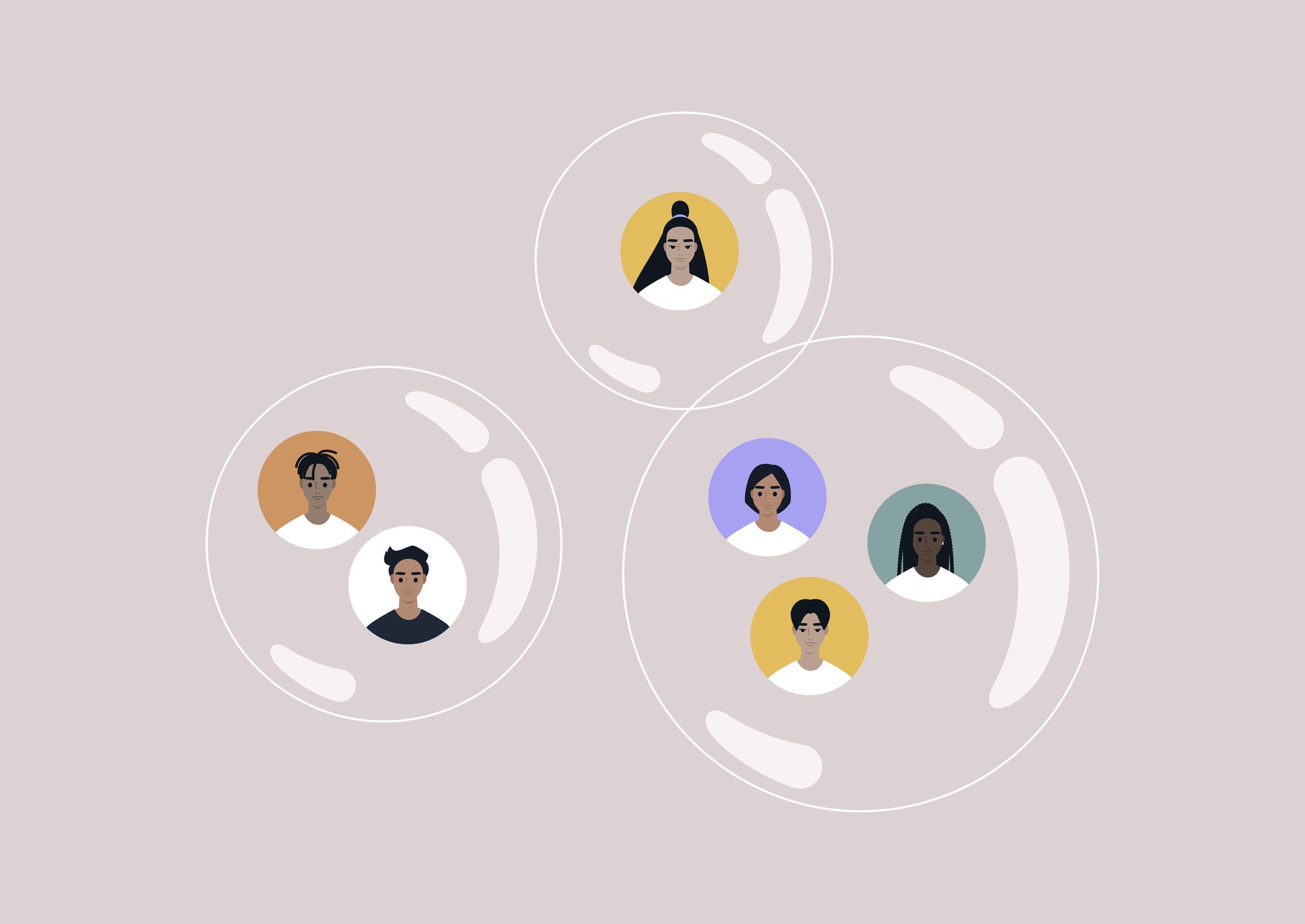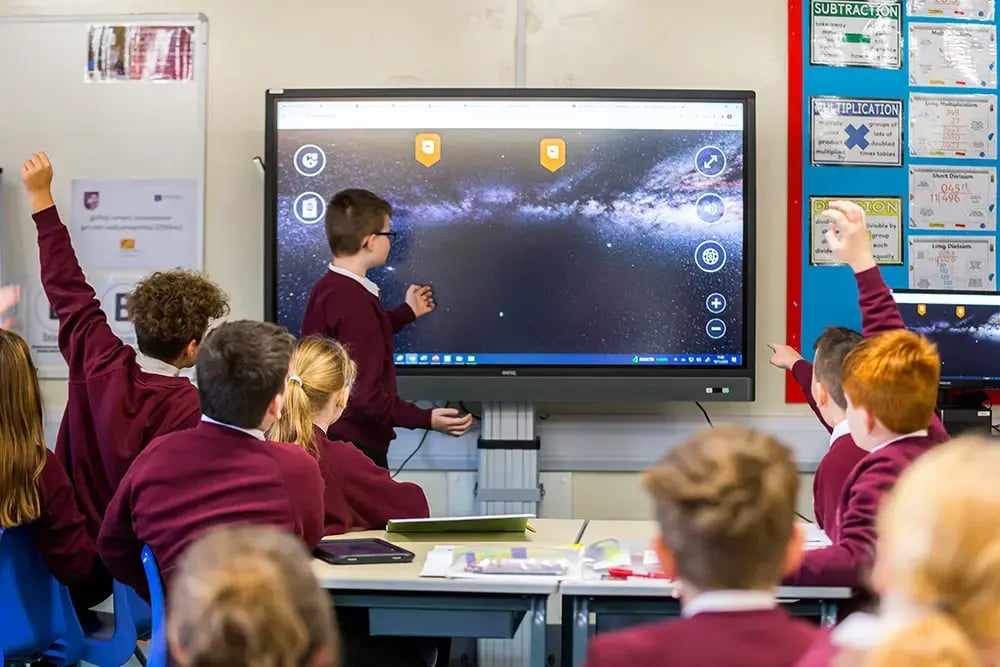Equip your students to navigate a world of misinformation, AI and algorithm bias
Critical Digital and Media Literacy course for primary and secondary schools
Why we need to rethink digital and media literacy
From AI-generated content and algorithmic bias to misinformation and polarisation, students are navigating a digital world that demands more than just fact-checking. It requires curiosity, resilience, and critical thinking.
From September 2025 Keeping Children Safe in Education (KCSIE) makes explicit reference to misinformation, disinformation and conspiracy theories as safeguarding harms to be addressed within your online safety provision and staff training.
Traditional media literacy education often misses the mark. It can feel dry, outdated, and disconnected from students’ lives, while teachers are left without the engaging resources or training they need to lead confidently.

A future-focused course to make an impact now
This course goes beyond helping students to decode digital media, it invites them to reexamine their relationship with it. Through Lyfta's immersive human stories, inquiry and reflective practice, students think about the skills needed to navigate digital spaces with curiosity, care and critical insight. They learn not just to look out for misinformation, but how digital content and algorithms shape their world view, emotions and sense of self.
Educators and students learn together through this easy-to-deliver course, which has everything you need to deliver impactful critical digital and media literacy education.
- 12 structured, ready-to-teach lessons (primary and secondary tracks available)
- Engaging, real-life human stories to engage and connect students with the topics
- Comprehensive toolkit and CPD support for teachers with curriculum-aligned lesson plans and discussion guides

Our pedagogical approach
Access our free Glossary: 30 key terms every digitally literate student should know
Understanding the language of the digital world is the first step to navigating it safely and confidently.
This free glossary of 30 key terms supports teachers delivering Lyfta’s Critical Digital & Media Literacy course for KS2–KS4, helping to build a shared classroom vocabulary around bias, algorithms, deepfakes, perspective and truth. Each term includes teacher guidance and age-appropriate definitions, making it easy to foster meaningful discussions about online safety, empathy and responsible digital citizenship, both in and beyond the classroom. Download your free Glossary now.
What the course covers
Our 12-lesson course integrates seamlessly into your existing timetable, covering the following topics:
- Digital and media literacy
- Critical thinking
- AI, algorithms, bias, and stereotypes
- Misinformation and disinformation
- Social media and echo chambers
- Mobile phones, dopamine and addiction
- Image manipulation and deepfakes
- Representation and the media
- Collective responsibility and belonging
- Humanity, the media and truth

